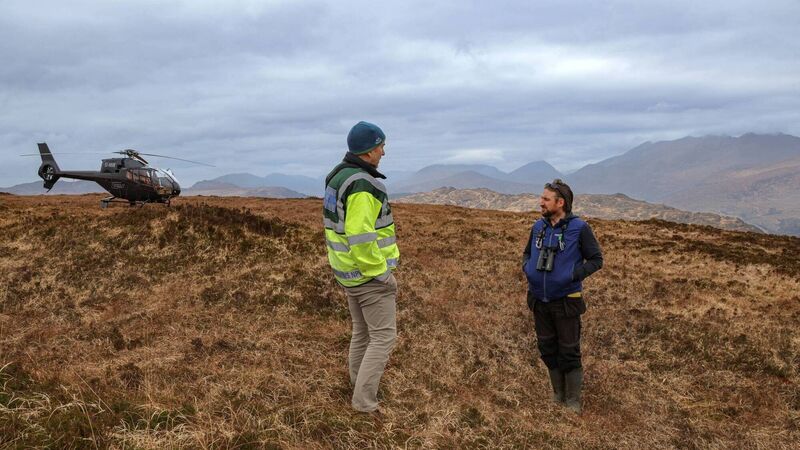Irish forests to be monitored from the air

National Park and Wildlife Service (NPWS) Conservation Rangers, Sam Bayley, and Danny O'Keeffe, Regional Manager of Killarney National Park, assessing fire damage in the park last year. Picture: Valerie O'Sullivan
National parks and nature reserves will be patrolled from the air over the coming months to prevent fire outbreaks.
The National Parks and Wildlife Service is stepping up its approach to fire prevention and detection with increased monitored and capacity to respond to incidents.











